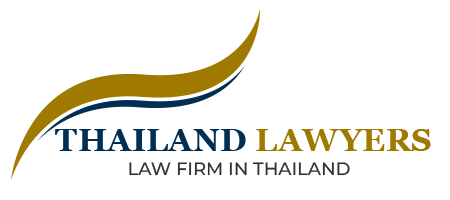Foreign Business License. For foreign entrepreneurs with sights set on Thailand’s thriving market, understanding the Foreign Business License (FBL) is crucial. This license is mandatory for foreign-owned companies or foreign investors wishing to operate in sectors restricted to foreign nationals under Thai law.
Understanding the Restrictions
Thailand’s Foreign Business Act (FBA) maintains a list of businesses reserved solely for Thai nationals. This list serves to protect certain domestic industries. However, a separate set of businesses, categorized under List 2 and List 3 of the FBA, are open to foreign participation with an FBL. Examples of businesses on these lists include accounting, advertising, and construction.
Who Needs an FBL?
- Foreign companies: If a majority of the company’s shares are held by non-Thai nationals, an FBL is necessary to operate in restricted sectors.
- Foreign investors: Foreign investors in a Thai company engaging in restricted activities may require an FBL depending on the ownership structure.
Key Requirements for an FBL
- Business activity verification: Ensure your desired business activity falls under List 2 or List 3 of the FBA.
- Minimum capital: The minimum capital requirement for FBL applicants is generally THB 2 million. Businesses under List 2 or List 3 may require THB 3 million.
- Thai shareholding: In most cases, at least 40% of the company’s shares must be held by Thai nationals. The Ministry of Commerce may grant exceptions with reduced Thai shareholding requirements for certain situations.
- Thai director representation: At least two-fifths of the company’s directors must be Thai nationals.
The Application Process
Applications for FBLs are submitted to the Foreign Licensing Department of the Thai Ministry of Commerce. The process typically involves:
- Compiling required documentation, including business plans and financial statements.
- Submitting the application for review by the relevant authorities.
- Awaiting approval, which can involve the Cabinet or a Foreign Business Committee depending on the business activity.
Additional Considerations
- Expedited applications: Obtaining approval from the Board of Investment (BOI) can streamline the FBL application process.
- Professional guidance: Consulting with a Thai law firm experienced in business registration can be highly beneficial due to the complexities involved.
Conclusion
The FBL serves as a gateway for foreign businesses to tap into Thailand’s economic potential. By understanding the requirements and navigating the application process, foreign investors can establish a strong foothold in this dynamic market.

